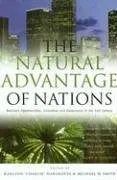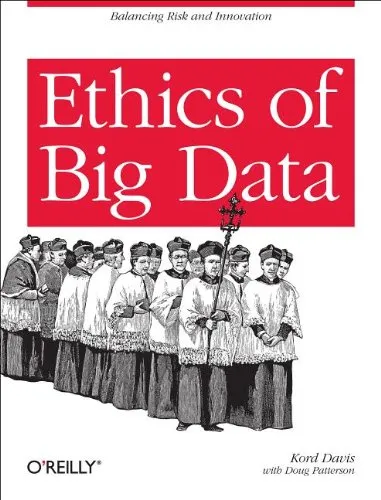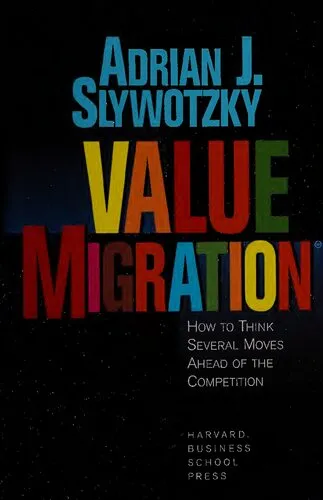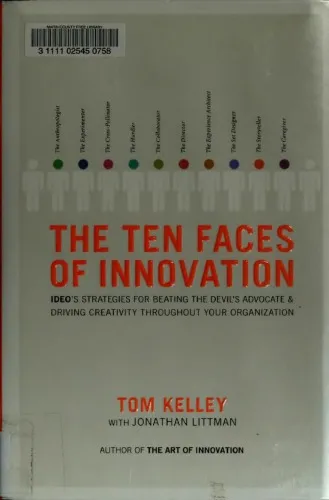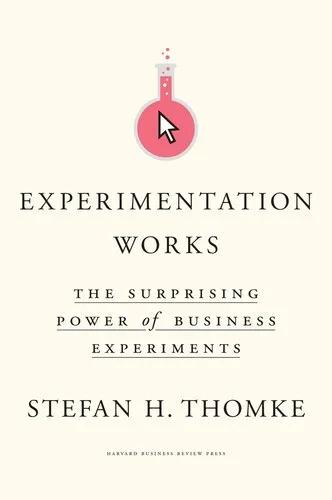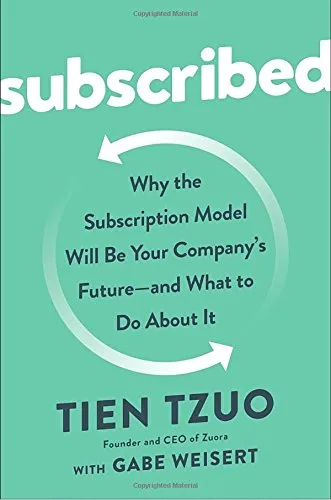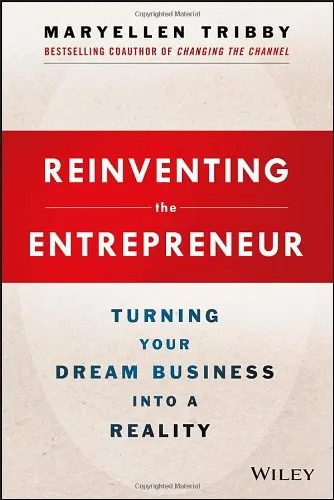The natural advantage of nations: business opportunities, innovation, and governance in the 21st century
4.5
Reviews from our users

You Can Ask your questions from this book's AI after Login
Each download or ask from book AI costs 2 points. To earn more free points, please visit the Points Guide Page and complete some valuable actions.Related Refrences:
Introduction to 'The Natural Advantage of Nations: Business Opportunities, Innovation, and Governance in the 21st Century'
"The Natural Advantage of Nations: Business Opportunities, Innovation, and Governance in the 21st Century" is a groundbreaking work that reinvents traditional perceptions of business, economics, and sustainability. Written by Karlson Hargroves and Michael H. Smith, it unfolds a forward-thinking narrative on how businesses and governments across the globe can harness sustainability for economic prosperity, innovation, and improved governance. With an interdisciplinary approach, this book integrates principles of industrial ecology, sustainable development, corporate responsibility, and new business paradigms, laying the groundwork for a 21st-century economy driven by sustainable practices rather than resource depletion.
Published at a time when concerns about environmental degradation and climate change were mounting, this book was designed to empower both business leaders and policymakers. Far from treating sustainability as a restrictive measure, it highlights the boundless opportunities it offers for innovation, improvements in governance, and economic growth. By presenting a wealth of case studies, examples, and data-driven insights, the book provides a blueprint for success in an era where balancing profit and planet is no longer optional—it is imperative.
Detailed Summary of the Book
At its heart, the book argues that sustainable development does not equate to diminished profits or compromised living standards. Instead, sustainable practices can act as a catalyst for economic progress, technological innovation, and societal well-being. The authors draw attention to the "natural advantage" that can be achieved by aligning business operations with ecological sustainability.
The book is structured around a series of themes that include decoupling economic growth from resource consumption, the transition toward cleaner technologies, and governance frameworks required to foster collaboration between the private and public sectors. It introduces "Factor 4" and "Factor 10" ideas, which advocate for increased resource productivity—achieving more value while greatly reducing environmental impact.
Moreover, Hargroves and Smith use detailed case studies to highlight how businesses like General Electric and Interface have redefined industries through eco-innovation. These examples, coupled with analytical insights into the roles of policy, education, and market mechanisms, create a compelling picture of how sustainability can be seamlessly embedded into both corporate strategies and governance models.
Key Takeaways
- Sustainability can be a driver for innovation, profit-making, and competitive advantage.
- Businesses and nations that adopt eco-efficient practices can achieve significant economic benefits.
- Governments and policymakers must create support structures (like incentives and policies) to encourage sustainability-driven business models.
- Education and a systemic shift away from linear economic models are critical for scaling sustainability worldwide.
- Profit and planet are not inherently at odds; success in the 21st century lies in aligning business operations with ecological stewardship.
Famous Quotes from the Book
"Sustainability is not about doing less harm; it is about doing more good."
"The nations and businesses that seize the opportunity to innovate sustainably will emerge as leaders in the 21st-century economy."
"It is not the availability of resources such as oil, coal, or water that dictate economic success, but how efficiently and intelligently we use them."
Why This Book Matters
The relevance of "The Natural Advantage of Nations" has only grown since its publication. As the world grapples with climate change, resource scarcity, and growing societal awareness of corporate responsibility, the principles outlined in this book remain integral to shaping our collective future. By presenting sustainability not as an obligation but as an opportunity, the book paves the way for economic and environmental resilience.
Moreover, the book bridges the gap between academia, business, and policy-making, making it a highly accessible resource for leaders, students, and innovators alike. It challenges traditional economic models and compels readers to rethink the way natural resources are valued within market systems. Whether you're a CEO looking to future-proof your business, a policymaker aiming to design progressive regulations, or a student of environmental studies, this book serves as an invaluable guide to navigating the challenges and opportunities of the 21st century.
Free Direct Download
You Can Download this book after Login
Accessing books through legal platforms and public libraries not only supports the rights of authors and publishers but also contributes to the sustainability of reading culture. Before downloading, please take a moment to consider these options.
Find this book on other platforms:
WorldCat helps you find books in libraries worldwide.
See ratings, reviews, and discussions on Goodreads.
Find and buy rare or used books on AbeBooks.
1207
بازدید4.5
امتیاز50
نظر98%
رضایتReviews:
4.5
Based on 0 users review
"کیفیت چاپ عالی بود، خیلی راضیام"
Questions & Answers
Ask questions about this book or help others by answering
No questions yet. Be the first to ask!
